Why corporate reporting isn’t a proxy for progress
GreenBiz
APRIL 19, 2021
Research on the efficacy of measurement and the endless refinement of non-financial reporting are actually distractions from the much-needed work of systems change. From 1992 to 2007, I worked at the footwear and apparel company Timberland, which prided itself on being a force for social and environmental good.

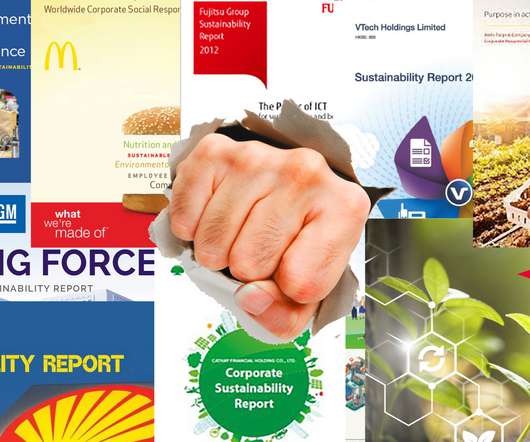
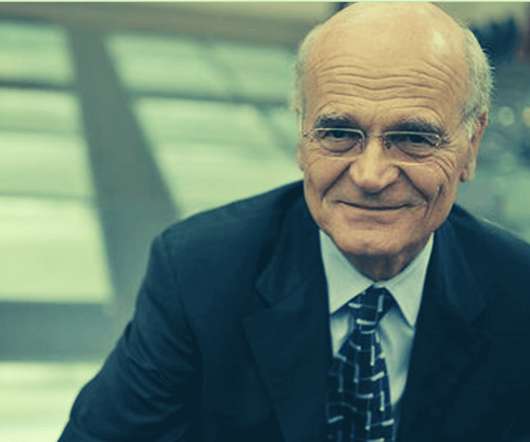
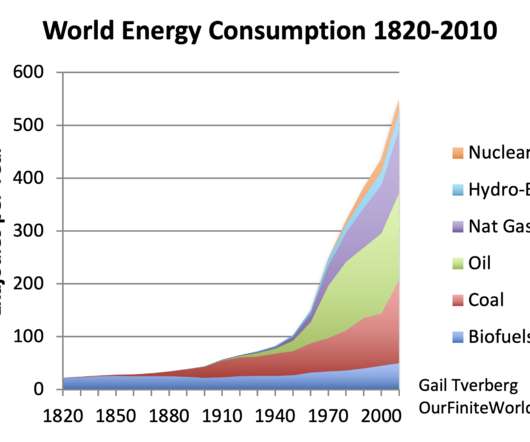
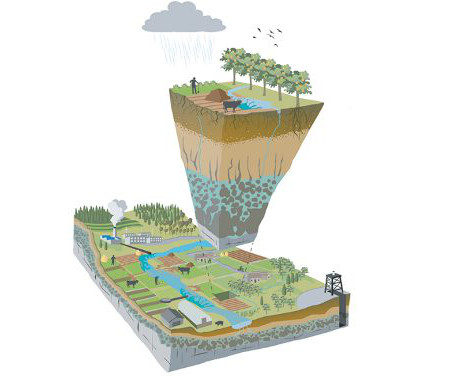
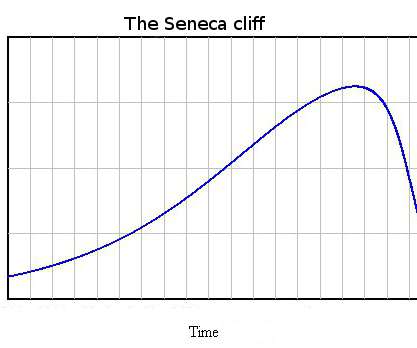
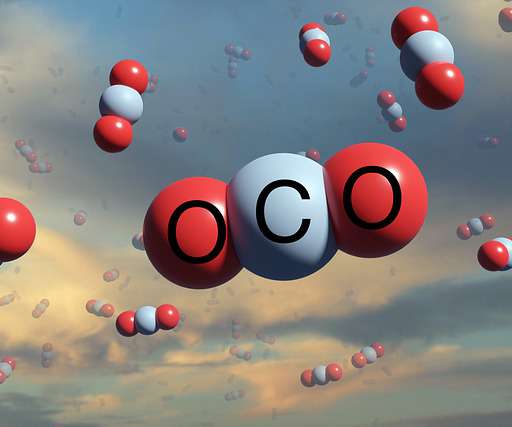
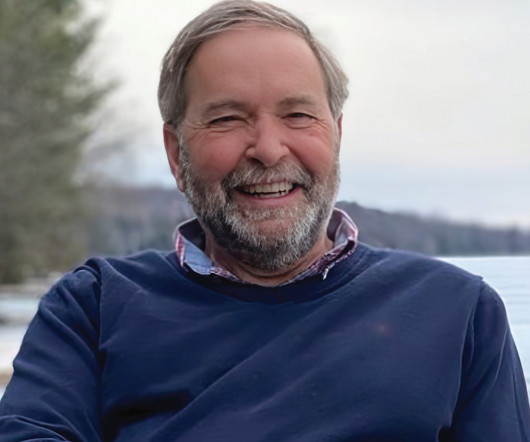
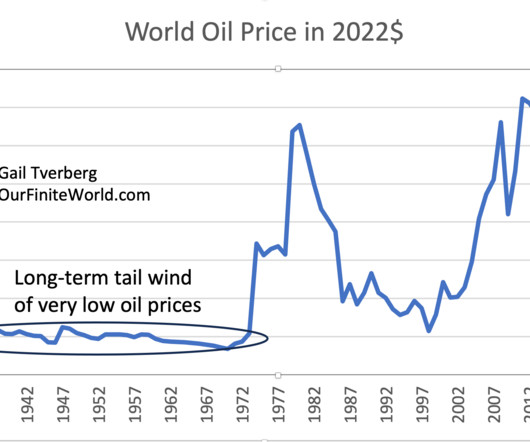
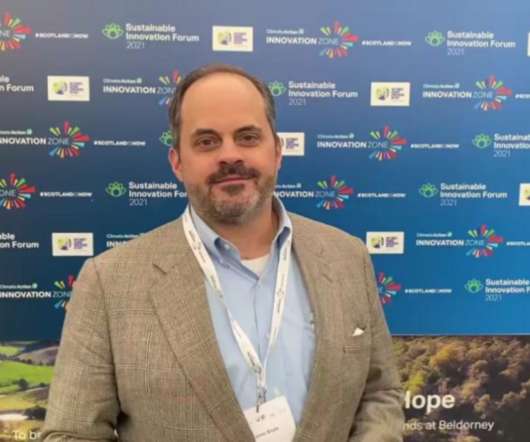






Let's personalize your content